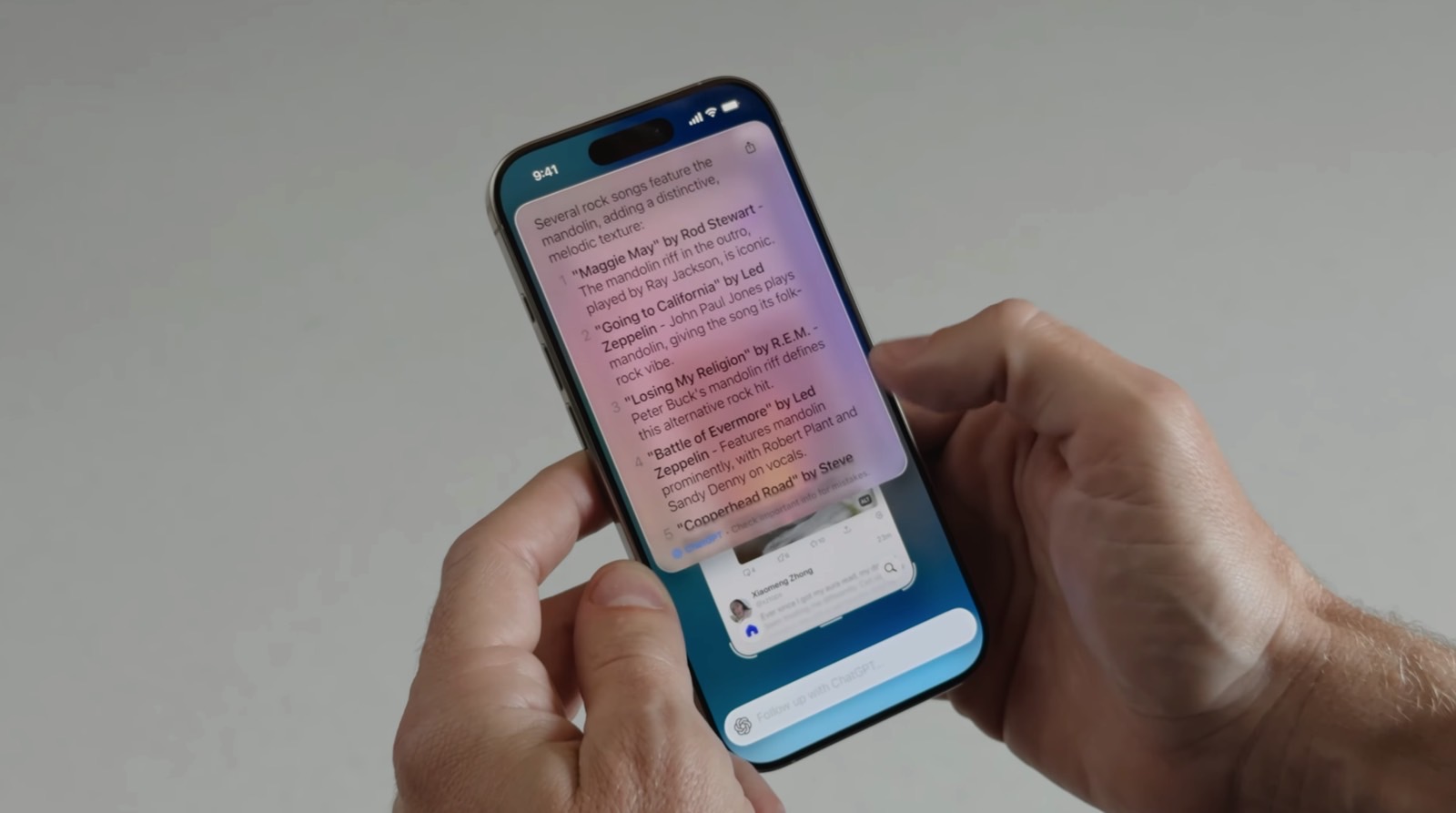Do you remember the story about your politeness costing OpenAI millions of dollars? Did you know that it also negatively impacts the environment since you’re consuming more tokens, resulting in the servers consuming more water and energy? Well, these aren’t the only reasons why you shouldn’t mind your Ps and Qs when interacting with AI.
While you might be worried about Isaac Asimov’s I, Robot coming true, keep in mind that AI models can’t actually reason (at least not yet). Besides, there’s an even more compelling reason why you should avoid using certain words when talking to ChatGPT.
As noted by Tom’s Guide, there are some words that can undermine your ChatGPT prompts. The most dangerous ones are “Can” and “Could,” as they add uncertainty.
Previously, BGR helped you master your ChatGPT prompts. Some of the suggestions include being very descriptive and telling the AI model exactly what you want. “Can you list the current trends for the book market in 2025“ generates a completely different answer than when you simply tell ChatGPT to “list the current trends for the book market in 2025.”
Since ChatGPT is quite literal, modal auxiliary verbs like “can” and “could” will impact the AI’s responses. The uncertainty can make the AI less accurate, and the reverse is true when you imbue your prompt with certainty by simply issuing a command.
These aren’t the only words you shouldn’t be using
In addition to modal verbs like “can” and “could,” ChatGPT has also shared a list of helpful rules you should follow when formulating a prompt:
Be decisive: When drafting a prompt in ChatGPT, don’t use “maybe,” “it’s possible that,” “in some cases,” generally speaking,” and similar words. These words can dilute impact if you’re looking for a straight answer.
Be concise: Words that don’t add value to the message are better left out the query. Avoid “just,” “really,” “actually,” “basically,” and “kind off.”
Be precise: Don’t use “a lot,” “many,” “recently,” “often,” or other qualifiers without context or that could make the answer less specific.
Say what you want: Cut out the “I’m sorry, but,” and “I may be wrong, but.” The response might be less confident as a result.
By using these tips when communicating with AI, your ChatGPT answers will be infinitely better. The AI model will understand what you’re trying to say, and you don’t even have to say thank you. Below, you’ll find even more tips to become a ChatGPT expert.
The post Here’s why you shouldn’t be too polite when chatting with ChatGPT appeared first on BGR.
Here’s why you shouldn’t be too polite when chatting with ChatGPT originally appeared on BGR.com on Thu, 26 Jun 2025 at 18:35:00 EDT. Please see our terms for use of feeds.
